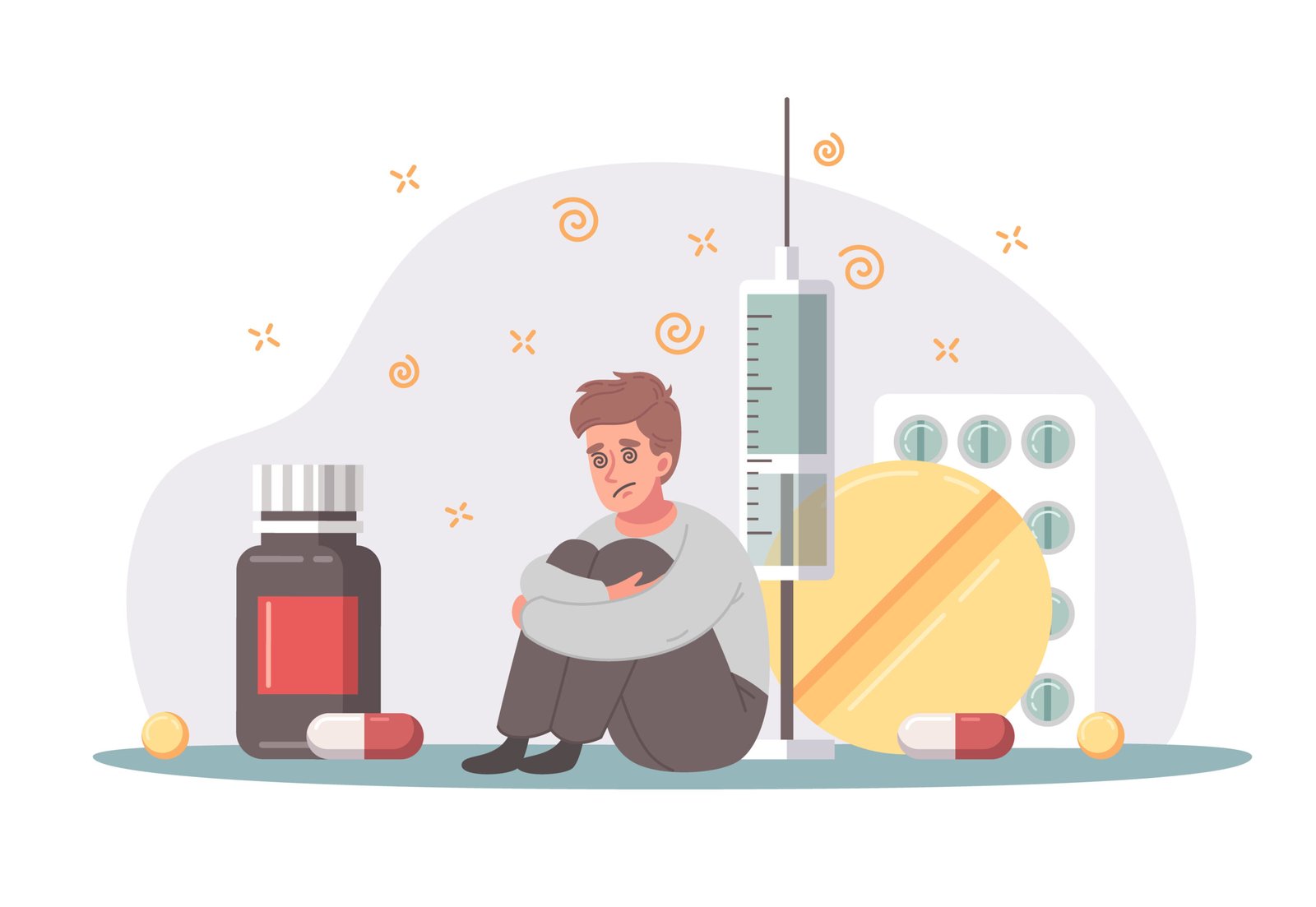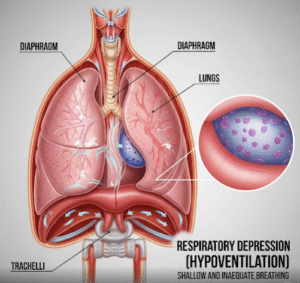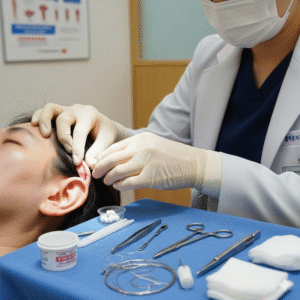Overview
Amphetamine Use Disorder is a medical condition characterized by the problematic and compulsive use of amphetamines, a class of stimulant drugs. It leads to significant impairment or distress, affecting an individual’s physical health, mental well-being, and social functioning. This disorder is part of the broader category of substance use disorders.
What is Amphetamine Use Disorder?
Amphetamine Use Disorder involves the recurrent use of amphetamines despite negative consequences. It includes dependence, tolerance, and withdrawal symptoms, alongside a strong craving for the drug. Common amphetamines include prescription stimulants (e.g., Adderall, Dexedrine) and illicit substances such as methamphetamine.
Symptoms
- Increased energy and alertness initially, followed by irritability and agitation
- Strong cravings and inability to reduce use
- Tolerance requiring higher doses for the same effect
- Withdrawal symptoms such as fatigue, depression, and sleep disturbances
- Risky behaviors and impaired judgment
- Physical symptoms: rapid heartbeat, high blood pressure, weight loss
- Psychological symptoms: anxiety, paranoia, hallucinations, psychosis
Causes
- Initial use for recreational, cognitive enhancement, or weight loss purposes
- Genetic vulnerability to addiction
- Environmental factors like peer pressure, stress, or trauma
- Underlying mental health disorders (e.g., ADHD, depression)
Risk Factors
- History of substance abuse or addiction
- Mental health disorders
- Family history of addiction
- Social environment encouraging drug use
- Availability of amphetamines
Complications
- Cardiovascular problems (heart attack, stroke)
- Neurological damage and cognitive decline
- Severe psychiatric symptoms (psychosis, paranoia)
- Social and occupational dysfunction
- Legal and financial problems
- Increased risk of overdose and death
Prevention
- Public education about risks of amphetamine misuse
- Early screening and intervention for at-risk individuals
- Treatment of underlying mental health conditions
- Controlled prescription and monitoring of stimulant medications
Treatment Options in Korea
South Korea offers comprehensive addiction treatment programs for Amphetamine Use Disorder:
Detoxification:
- Medical supervision to manage withdrawal symptoms safely
Behavioral Therapies:
- Cognitive Behavioral Therapy (CBT) to address thought patterns and behaviors
- Motivational Interviewing (MI) to enhance commitment to recovery
- Group therapy and support groups
Medications:
- No FDA-approved medications specifically for amphetamine addiction yet, but symptomatic treatments may be used for co-occurring disorders (e.g., antidepressants, antipsychotics)
Rehabilitation Programs:
- Inpatient and outpatient rehab centers specializing in substance use disorders
- Holistic approaches including counseling, vocational training, and family therapy













